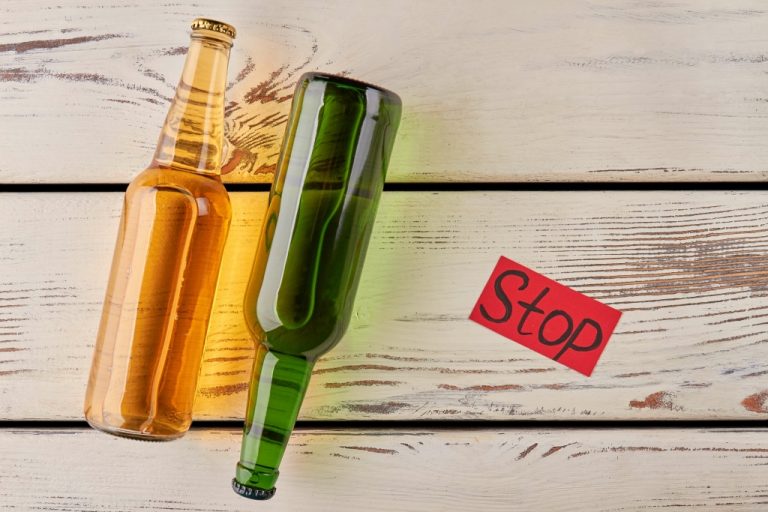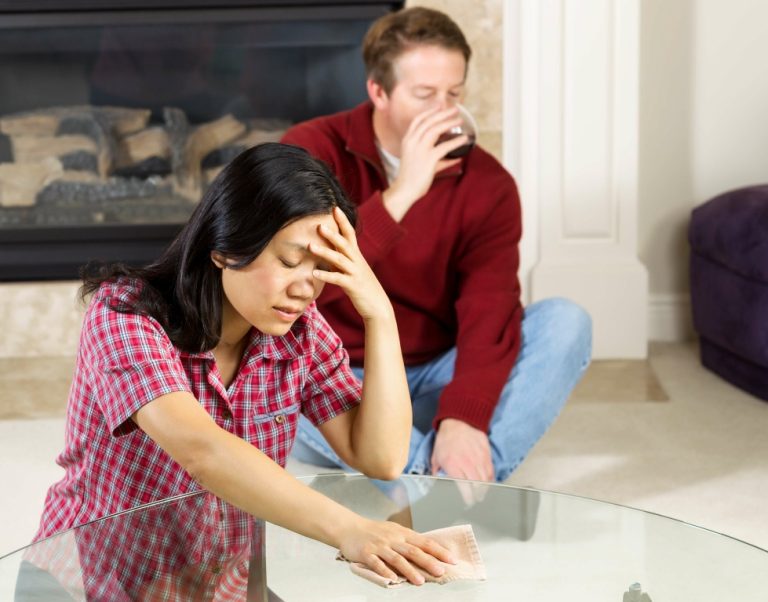Your body can allocate its resources more effectively to fight off infections, making you less prone to common colds, flu and other ailments, she says. That heightened immunity can mean fewer sick days, increased energy levels and an overall improved sense of well-being, adds Andrews. It’s no secret that excessive drinking is bad for your health—it can increase your risk of some cancers, heart disease, liver disease, depression and more. But even moderate drinking, defined by the Centers for Disease Control and Prevention (CDC) as two or fewer drinks for men per day and one or fewer drinks for women, comes with health risks.

What Happens When You Quit Drinking Alcohol?
That number dropped to 50% when the participants went home, and many reported that their sleep quality got better after treatment. Alcoholic beverages are a source of added sugar and empty calories. Binge drinking can lead to consuming an extra 600 calories or more in a day. Excessive drinking can lead to the build-up of toxic, highly cancer-causing (carcinogenic) compounds that contribute to inflammation in your body, especially in your liver. One of the most profound ways that alcohol affects you is through what it does to your body. After you drink alcohol, Volpicelli explains that the small molecules inside it get absorbed by your gut.
Mental Benefits of Quitting Alcohol
Alcohol also increases inflammation, which can worsen skin conditions like acne, rosacea, and psoriasis. So, by quitting, you can actually reduce the risk of inflammation and promote healthier, clearer skin. Since alcohol is a depressant, it can throw your sleep cycle off balance by slowing down your nervous system. As your nervous system speeds back up once the alcohol exits your system, you may experience sleep disruption and wake up more throughout the night. “Insomnia is pretty common among people who abuse alcohol,” McGrath says. Once the initial symptoms of withdrawal have subsided, you may find that you have more energy than you did before you stopped drinking.
- This can create dangerous withdrawal symptoms but will typically fully resolve within two weeks.
- And, assuming you haven’t indulged those craving the past few weeks, you could find your clothes fit a bit looser.
You May Have a Reduced Cancer Risk
Some people even have seizures or see things that aren’t there (hallucinations). Your doctor or substance abuse therapist can offer guidance and may prescribe medication like benzodiazepines or carbamazepine to help you get through it. Alcohol can worsen depression and be an emotional crutch, making it difficult to experience true happiness outside of drinking. Stopping alcohol can make you feel happier by allowing you to experience positive emotions without alcohol. Quitting alcohol can help reduce the depression and anxiety that alcohol can bring and significantly improve your situation in life, increasing your overall happiness. Stopping alcohol will reduce the number of empty calories that you consume.
Alcohol contains a lot of kilojules and can trigger hunger reward systems, making us overeat or choose less healthy foods when drinking. By taking the decision to stop drinking, you could reduce your risk of developing many serious alcohol-related diseases. Alcohol is a drug, and just like other drugs, it has a powerful effect on the brain, producing pleasurable feelings and blunting negative feelings.
Surprising Things That Happen to Your Body When You Stop Drinking Alcohol
Your health and wellness is unique to you, and the products and services we review may not be right for your circumstances. We do not offer individual medical advice, diagnosis or treatment plans. “Although no amount of alcohol is recommended, even cutting back on frequency or portion size can seriously help to reduce your cancer risk,” she says. However, alcohol will always have some effect on the body, she says. “A short-term break from alcohol will allow the liver cells to recover from the persistent toxic injury from the alcohol,” Larson said.
Your mood might take a hit.
One way to represent the average drinker may be to focus on people who don’t have a history of alcohol dependence. This is exactly what one study, published in the British Medical Journal, did in 2018. Regular consumption of caffeinated coffee can cause stiffer blood vessels which results in a decrease in blood flow. When you stop drinking coffee, blood vessels return to their regular size and may cause headaches temporarily. When trying to relieve caffeine withdrawal headaches, just be sure to avoid Excedrin and other headache relief medications that have caffeine in them. It is worth mentioning that nutritional status improvement occurs when someone strop drinking, which is one big reason why people may see many of the above improvements with sobriety.
Do Depakote and alcohol mix?

At 2 weeks, what happens when you stop drinking most drinkers should no longer experience acid reflux. The lining in your stomach has had time to heal from constant inflammation and returns to normal. When you stop drinking, your skin hydration improves, especially after 7+ days. For dependent drinkers, between hours is when withdrawal symptoms subside or become more manageable.
All of these risks can be reduced by quitting or cutting back on alcohol. Alcohol can make managing mood harder and worsen symptoms of anxiety and depression. Even very heavy drinkers report better Oxford House mood after one to two months.